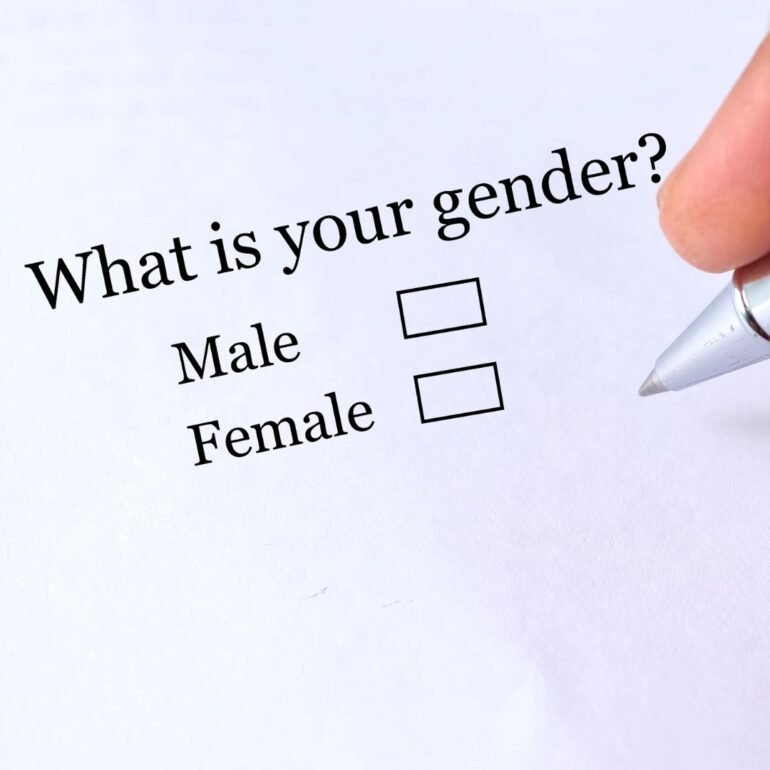When the Gruha Lakshmi scheme was launched in the State of Karnataka in August, Ganga, a 42-year-old transgender from Ballari, initially felt delighted. She anticipated financial relief with Rs 2,000 a month from Gruha Lakshmi Scheme. However, her expectations were shattered as she faced numerous challenges in accessing the benefits.
Ganga’s struggle began when she attempted to apply for the Gruha Lakshmi scheme at an Internet center. The government portal demanded the upload of her ration card, prompting her to apply for one. To her dismay, the portal provided only two options, male and female categories that do not represent her gender identity.
Undeterred, Ganga visited the Food and Civil Supplies Department’s office, seeking assistance. Unfortunately, officials informed her that a ration card could not be issued to a single person. Despite her plea and explanation of being estranged from her family, she was denied the essential document.
In another case Lakshmi, a transgenders from Hospet raised concerns about the inapplicability of the Shakti scheme. Although they have been provided with Transgender cards, bus conductors claim their ticketing machines lack provisions to note Transgender card numbers for issuing free tickets. These challenges underscore the urgent need for a more inclusive approach to welfare schemes for the transgender community in Karnataka.
T. Krishnappa of the Fair Price Shop Dealers’ Association suggested that the elimination of individual ration cards for single-family members might be a contributing factor to the department’s reluctance to issue a single card.
In essence, the Gruha Lakshmi scheme in Karnataka, initially offering hope for financial relief to transgenders like Ganga and Lakshmi, exposes systemic challenges in the transgender community. Bureaucratic hurdles, including restrictive gender categories on the portal and the denial of a ration card to single individuals, highlight the pressing need for more inclusive policies. Lakshmi’s experience with the Shakti scheme and T. Krishnappa’s observation about changes in ration card issuance point to broader administrative issues. These stories underscore the urgency for policy adjustments and a fundamental shift towards inclusivity, acknowledging the transgender community’s right to equitable and accessible welfare benefits. The challenges faced by Ganga, Lakshmi, and others serve as a poignant reminder of the imperative to dismantle barriers for the transgender population in the pursuit of genuine inclusivity.


